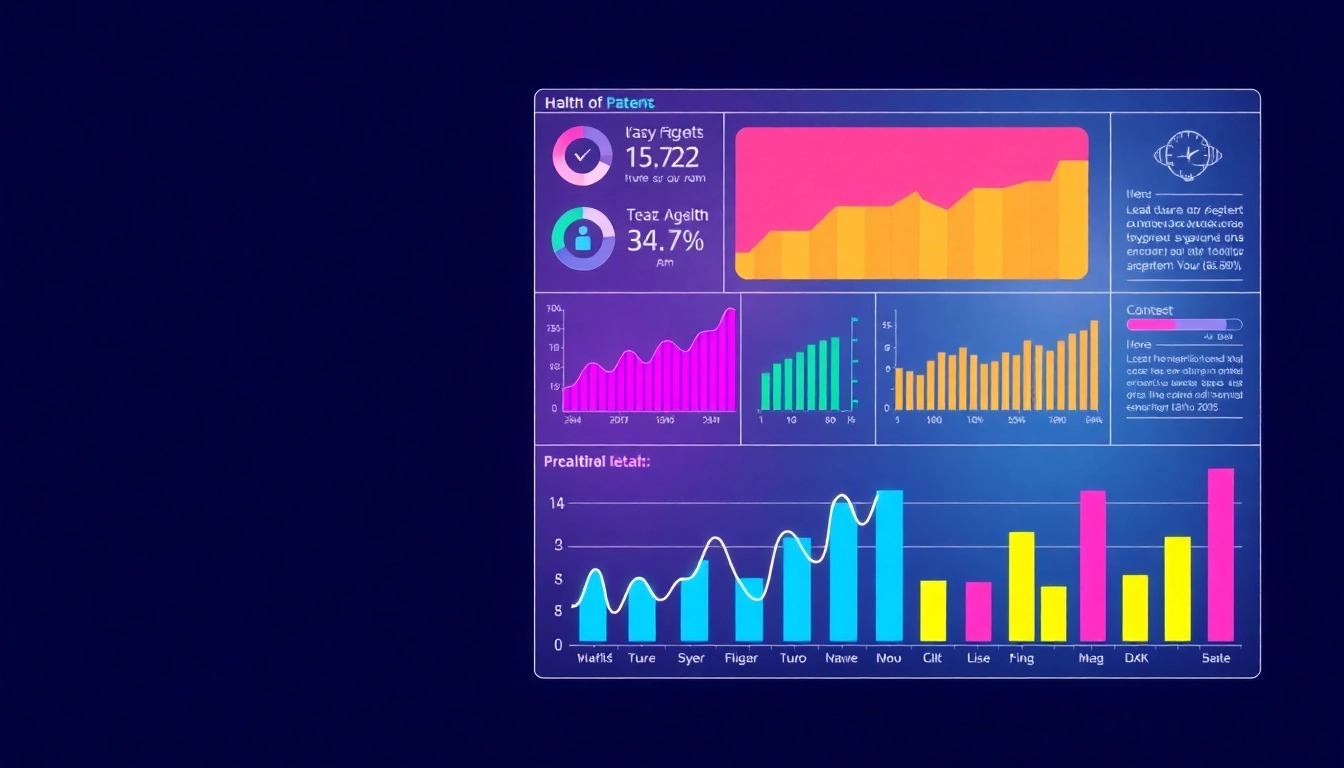Understanding the Nature of Anxiety
To effectively address the challenges associated with dealing with anxiety, it is essential to first understand its nature, manifestations, and types. Anxiety can significantly impact daily life and well-being, but recognizing it as a common human experience is the first step towards effective management.
What is Anxiety?
Anxiety is a natural emotional response to stress. It is characterized by feelings of apprehension or fear about what is to come. While occasional anxiety can be beneficial, as it prepares us for challenges, excessive anxiety can interfere with daily activities. Understanding that anxiety is not simply a state of mind, but a combination of biological and psychological factors is crucial in the journey of management.
Common Symptoms of Anxiety
The symptoms of anxiety can manifest physically, emotionally, and behaviorally. Here are common signs to look out for:
- Physical Symptoms: These may include increased heart rate, sweating, trembling, dizziness, or gastrointestinal issues.
- Emotional Symptoms: Feelings of unease, fear, panic, or a sense of impending doom.
- Behavioral Symptoms: Avoidance of situations that trigger anxiety, changes in appetite, or withdrawing from social interactions.
Types of Anxiety Disorders
Anxiety disorders are a spectrum of mental health conditions, each with unique characteristics, including:
- Generalized Anxiety Disorder (GAD): Chronic, excessive worry about various aspects of life.
- Panic Disorder: Recurrent panic attacks characterized by sudden onset of intense fear and physical symptoms.
- Social Anxiety Disorder: Intense fear or anxiety in social situations.
- Specific Phobias: Irrational fears related to a specific object or situation.
- Agoraphobia: Fear of being in situations where escape might be difficult or help unavailable.
Coping Mechanisms for Dealing with Anxiety
Various coping strategies can help individuals manage anxiety effectively. These approaches can be adapted to individual preferences and circumstances.
Relaxation Techniques to Ease Anxiety
Engaging in relaxation exercises can reduce stress and alleviate anxiety symptoms. Techniques include:
- Deep Breathing: Focused breathing can help bring calmness, reducing feelings of panic.
- Progressive Muscle Relaxation: Involves tensing and relaxing different muscle groups, promoting overall relaxation.
- Visualization: Imagining a peaceful scene can help divert attention from anxiety triggers.
Cognitive Behavioral Strategies
Cognitive Behavioral Therapy (CBT) is a highly effective method for managing anxiety. Key strategies include:
- Identifying Negative Thoughts: Recognizing and challenging irrational beliefs that contribute to anxiety.
- Practicing Realistic Thinking: Replacing negative thoughts with constructive and supportive statements.
- Gradual Exposure: Gradually facing fears in a controlled manner can lessen their intensity over time.
Mindfulness and Meditation Practices
Mindfulness and meditation anchor individuals in the present, minimizing stress caused by future uncertainties. To practice mindfulness:
- Mindful Breathing: Focus on breath and draw awareness to present sensations.
- Body Scanning: A mindfulness exercise where attention is directed toward different parts of the body.
- Guided Meditation: Utilizing apps or recordings to follow along with calming visualizations.
Professional Help: When to Seek Assistance
While self-help strategies can be effective, professional guidance is essential when anxiety becomes overwhelming or debilitating.
Therapeutic Options for Dealing with Anxiety
Numerous therapeutic options are available for addressing anxiety disorders, including:
- Cognitive Behavioral Therapy (CBT): As mentioned, CBT is a structured, goal-oriented therapy focusing on changing negative thought patterns.
- Dialectical Behavior Therapy (DBT): A variant of CBT that incorporates mindfulness and emotional regulation strategies.
- Exposure Therapy: A technique aimed at helping individuals face and overcome their fears in a controlled manner.
Understanding Medication Treatments
Medications may be prescribed to manage anxiety symptoms effectively. Common categories include:
- Antidepressants: Such as SSRIs and SNRIs, often prescribed to help with anxiety and depression.
- Benzodiazepines: Short-term use for significant anxiety relief, though they come with potential dependency risks.
- Beta-Blockers: Can be prescribed to lessen physical symptoms associated with anxiety, such as rapid heart rate.
Finding the Right Therapist or Counselor
Choosing the right mental health professional can significantly impact recovery. Consider these steps:
- Assess Credentials: Ensure they are trained in anxiety treatment strategies.
- Recommendations: Seek referrals from trusted friends or family, or use professional directories.
- Trial Sessions: Many therapists offer initial consultations that can help gauge compatibility.
Self-Help Strategies for Dealing with Anxiety
In addition to professional support, individuals can adopt self-help strategies to manage anxiety more effectively.
Daily Practices to Manage Anxiety
Incorporating daily practices can promote a sense of calm and improve resilience against anxiety. Consider the following:
- Regular Physical Activity: Engaging in exercise releases endorphins, improving mood and decreasing anxiety levels.
- Journaling: Writing about feelings can provide clarity and serve as a tool for identifying patterns and triggers.
- Structured Routines: Creating and adhering to daily schedules can provide stability and predictability.
Building a Support Network
A supportive network is vital for managing anxiety. Ways to build this network include:
- Open Communication: Share feelings with trusted friends and family members. Expressing your experiences can foster understanding and support.
- Joining Support Groups: Connecting with others who experience similar challenges can provide comfort and shared coping strategies.
- Professional Relationships: Don’t hesitate to connect with therapists and counselors who can provide ongoing support.
Setting Realistic Goals
Setting achievable goals can instill a sense of accomplishment and control. Strategies to consider include:
- SMART Goals: Ensure goals are Specific, Measurable, Achievable, Relevant, and Time-bound.
- Breaking Down Goals: Divide larger goals into smaller, manageable tasks to avoid overwhelm.
- Celebrating Progress: Recognize and celebrate achievements, no matter how small, to reinforce positive behavior.
Long-Term Strategies for Managing Anxiety
Developing long-term strategies is crucial for sustained mental health and well-being when dealing with anxiety.
Creating a Balanced Lifestyle
A balanced lifestyle plays a significant role in managing anxiety. Elements include:
- Healthy Eating: A nutritious diet can influence not only physical health but also mental well-being.
- Sufficient Sleep: Adequate rest is essential for emotional regulation and cognitive functioning.
- Regular Physical Exercise: Engaging in regular exercise helps mitigate anxiety symptoms and improves overall mood.
Tracking Progress and Adjusting Techniques
Monitoring progress can help you identify effective coping strategies and areas for improvement. Here’s how to approach this:
- Keep a Journal: Document feelings, experiences, and coping methods that yield positive results.
- Reflect Regularly: Take time to evaluate what is working and adjust unhealthy habits or ineffective strategies.
- Feedback Loop: Discuss progress with a therapist or counselor to refine techniques and approaches.
Staying Informed and Educated
Knowledge is empowering when dealing with anxiety. Here are ways to educate yourself:
- Read Books and Articles: Educating yourself about anxiety can provide valuable insights and understanding.
- Attend Workshops or Webinars: Engaging in community learning can connect you with others and provide practical tools.
- Follow Reputable Online Resources: Utilize resources from established mental health organizations for up-to-date and reliable information.



